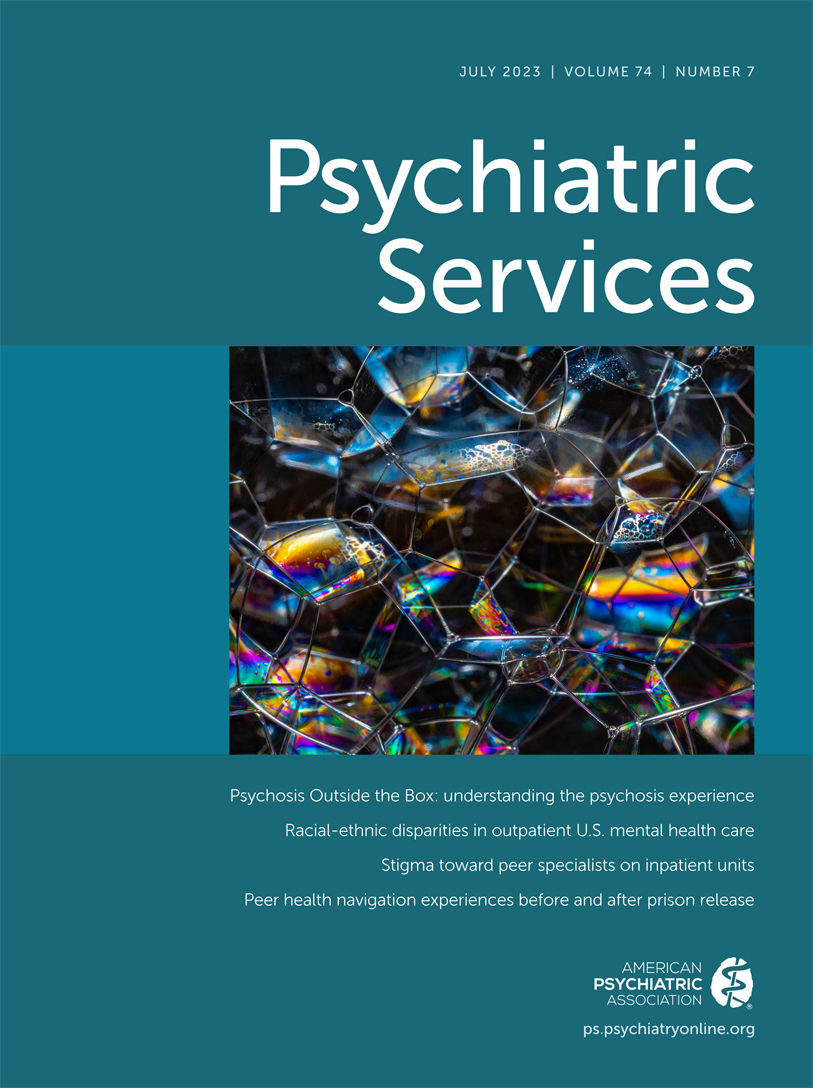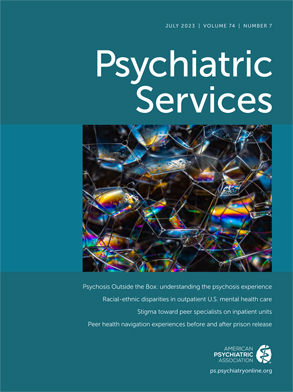The 988 Suicide and Crisis Lifeline launched nationwide on July 16, 2022, marking a shift in the accessibility and provision of crisis services in the United States. The 988 line ideally serves as both an intervention and an entry point to a continuum of care. Community-based mobile crisis teams, capable of quickly responding to individuals in need, serve as the next step in a continuum approach, their development paralleling that of emergency medical services established 50 years ago with emergency medical technicians, paramedics, and ambulances. Mobile crisis response has great promise for providing targeted and clinically appropriate assessment and care, decreasing utilization of more restrictive and expensive levels of care, and reducing reliance on police for psychiatric intervention.
Elected officials and policy makers have taken notice of this potential, and federal funding for 988 and crisis services has increased exponentially, being administered and overseen by a newly authorized 988 and Behavioral Health Crisis Coordinating Office within the Substance Abuse and Mental Health Services Administration. Many state and local governments have also begun to invest in these services through budgetary appropriations or legislative action. It is critically important that this funding be allocated to implement services that provide communities with a trustworthy alternative to law enforcement response for behavioral health emergencies.
More data are needed to guide evidence-based best practices for rapid response, team composition, training standards for team members, and effectiveness and quality metrics and to gain a deeper understanding of the benefits of reducing reliance on law enforcement as de facto mental health clinicians. Two recent studies indicate progress in closing this gap, one by demonstrating an improved measure of mobile crisis response (
1), the other by demonstrating mobile crisis effectiveness in reducing utilization of higher levels of care (
2).
Goldman et al. (
1) demonstrate the need for improved dispatch and linkage to mobile crisis services in San Francisco, presenting field contact success rate as a possible marker of effectiveness. Mobile crisis teams respond to crises in an individual’s home, workplace, or school or on the street. This high level of variability presents challenges, beginning with dispatch protocols and geographically locating individuals in distress. Successful location and contact with individuals in crisis constitute an essential first step in effective intervention. Work remains in identifying metrics for successful stabilization of individuals in crisis, as well as in linking individuals with ongoing care or social services.
Fendrich et al. (
2) found that mobile crisis services in Connecticut may reduce emergency department utilization by youths. Their finding is especially noteworthy as behavioral health visits to pediatric emergency departments continue to rise nationally with significant shortages of both pediatric mental health clinicians and facilities, emphasizing the importance of conserving higher levels of care for individuals who cannot be safely treated by other means. Data in this study preceded the launch of 988. However, mobile crisis youth services could be requested anywhere in the state by dialing a specific number that connected to a specialist at a call center who triaged calls and engaged mobile teams positioned throughout the state to provide a wide range of services to youths. These services could be used repeatedly by youths and families for up to 45 days. This study demonstrated the importance of access to services and that people may prefer to use mobile behavioral health crisis services if such services are consistently available. The study also demonstrates the importance of a continuum of care for delivering high-quality services for youths in a cost-effective manner.
The findings in both studies move us closer to evidence-driven implementation of mobile crisis services, an important element in an effective continuum of crisis care. As these models continue to be implemented around the country, additional work is needed to ensure that they remain an easily accessible resource during a crisis. Usage of services is likely to rise when accessibility is maintained, which may decrease overreliance on more intensive and expensive levels of care. Continued measurement is needed to ensure that increasing investments in mobile crisis response services provide communities with reliable alternatives to law enforcement for behavioral health care.

